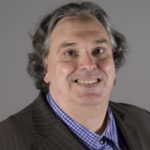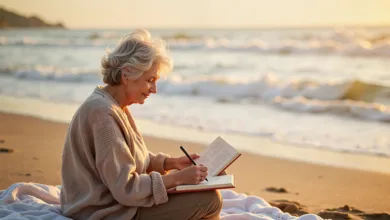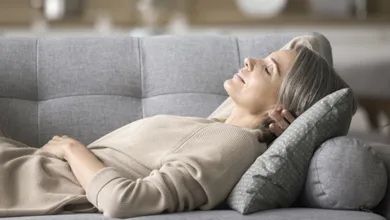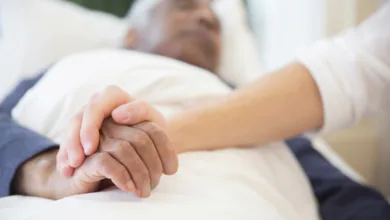Sleep Problems Over 50
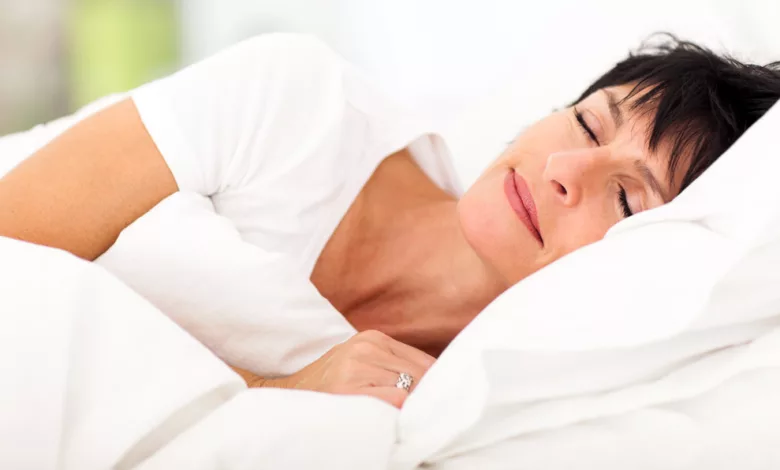
Tips for better rest
To sleep, or not to sleep, that is the question: If we feel tired and need a nap, or if our minds keep us from nightly slumber.
Sleep — its riddles and its benefits — is the issue Dr. Michael K. Scullin and his colleagues research at Baylor University’s Sleep Neuroscience and Cognition Lab.
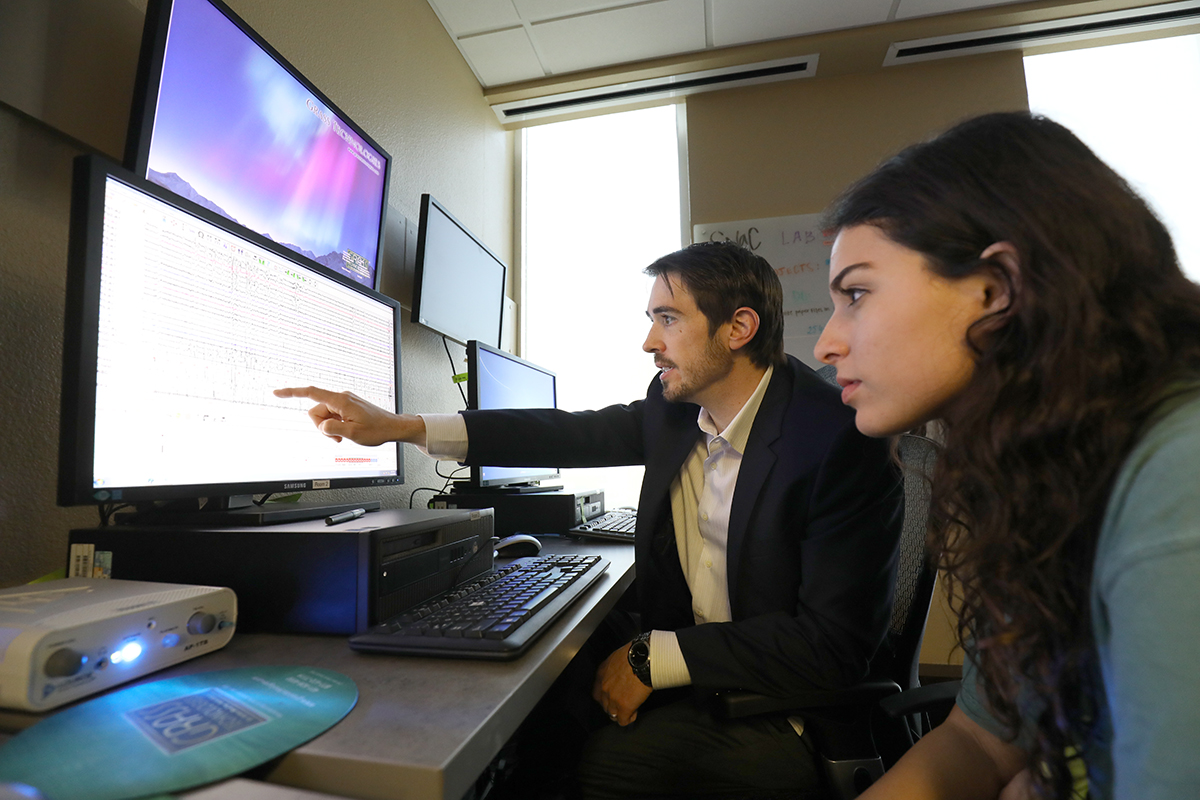
“We try to understand sleep’s function for all aspects of human health,” Dr. Scullin said.
“Predominately, we’re interested in the brain. How does getting sleep help preserve brain health?
How does it allow you to function optimally on a day-to-day basis?
He added: “Good sleep also extends to things like emotional stability and your ability to regulate stressors.”
Dr. Scullin offered some suggestions for a better night’s rest.
Before you get into bed, take a pen and a piece of paper and write down everything on your mind: your worries, your to-do list, anything else.
Dr. Scullin said this plan has helped people fall asleep 37% faster than they did, before.
Dr. Scullin also said people are more likely to take naps during the day. This can hinder our sleep at night.
“If you want to take a once-in-a-while nap, cool,” he said. But don’t make a habit out of napping.
“When you’re feeling sleepy,” Dr. Scullin said, “get up and go for a short little walk.”
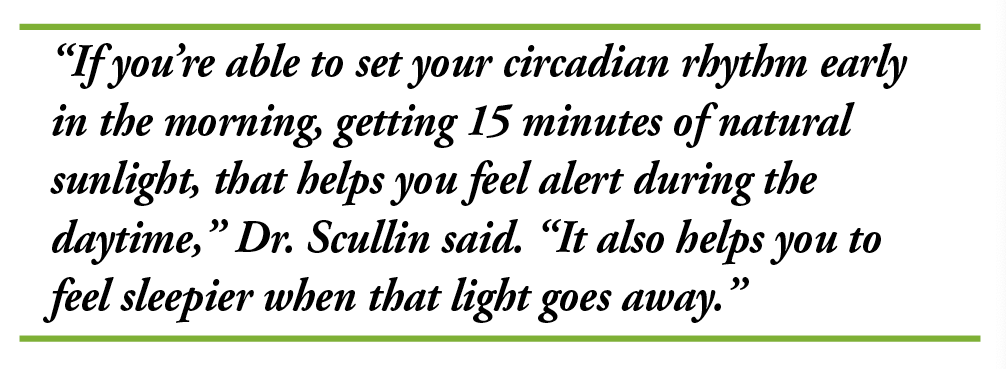
This method even helps you get a little exercise, which — you guessed it — can aid your sleep quality at night. It could also help you stay asleep, even creating a new, healthier sleep pattern if done regularly.
People also underestimate the importance of natural sunlight in the morning, according to Dr. Scullin. Morning light helps “set” the body’s circadian rhythm, the sleep/wake cycle that runs in the background of our brains and renews every 24 hours.
The goal, he continued, is to “entrain” your circadian rhythm. “During daytime hours, [the brain should] feel alert,” he said. “When the sun goes down, [the brain should] begin to feel tired.”
Scullin also recommended limiting caffeine or alcohol use in the afternoon. Even refraining from wine at dinner could generate more restful sleep.
Furthermore, avoiding the use of electronic screens before bed — especially smartphones — is a practice more people should employ, no matter how addictive the device.
So take the good Dr. Scullin’s words to heart. Follow his advice for better sleep, now — and healthier sleep habits, forever.
For more information on sleep and studies being conducted visit the Sleep Neuroscience and Cognition Lab website.
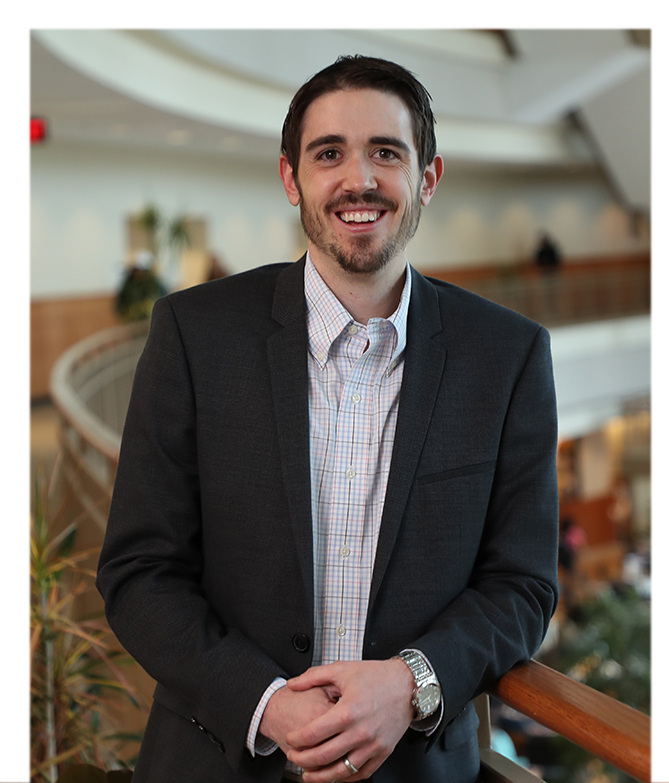 Dr. Michael Scullin is an Associate Professor of Psychology and Neuroscience. He completed his Ph.D. at Washington University in St. Louis and a postdoctoral fellowship at Emory University. Many news agencies, including N PR, BBC Radio, Time, and Good Morning America, have covered Scullin’s sleep research. He has been awarded grants from the National Science Foundation, National Institutes of Health, and private foundations and received early career honors from the American Psychological Association, Association for Psychological Science, and Sleep Research Society.
Dr. Michael Scullin is an Associate Professor of Psychology and Neuroscience. He completed his Ph.D. at Washington University in St. Louis and a postdoctoral fellowship at Emory University. Many news agencies, including N PR, BBC Radio, Time, and Good Morning America, have covered Scullin’s sleep research. He has been awarded grants from the National Science Foundation, National Institutes of Health, and private foundations and received early career honors from the American Psychological Association, Association for Psychological Science, and Sleep Research Society.

